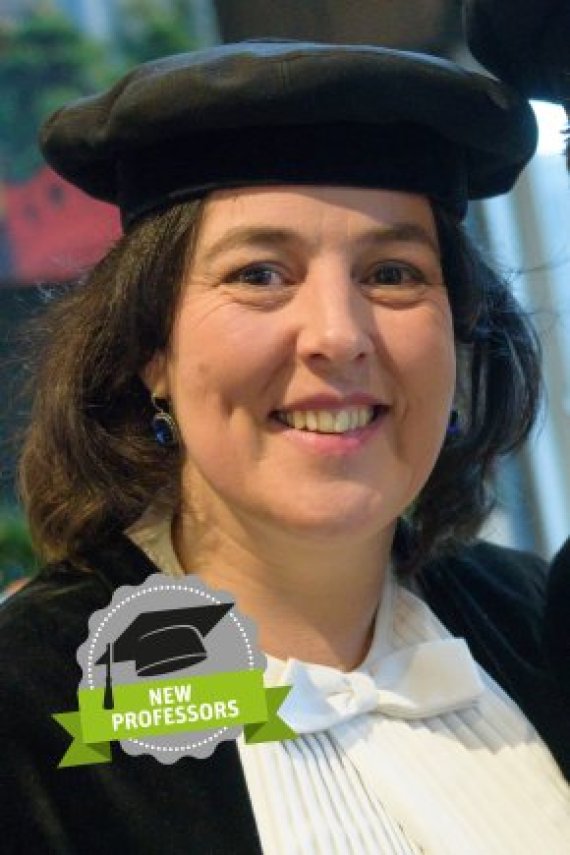Photo:
Guy Ackermans
Large studies that follow thousands of people on what they eat, how their health is, how they live and – eventually – die. These are the gold mines for Marianne Geleijnse, since this autumn she has become professor of Nutrition and Cardiovascular Diseases at Wageningen University. It is the type of research that has been ongoing for a while, but still yields surprising results. In the data of 4837 heart patients it was found how much impact nutrition has on survival rate, in addition to the medication they used.
And this while the care for heart patients has already really improved, says Geleijnse. ‘Massive heart attacks, as they happened earlier, now rarely happen.’ Not only do we keep an eye on people with higher risk factors; these risks are also more easily checked with treatments. ‘Tackling the risks in the early stages ensures that the line between sick and healthy is less defined.’ Geleijnse gives the example that in the United States one out of every three adults above 50 years old takes statins – cholesterol lowering drugs. Many of them have never had a heart attack.
Massive heart attacks, as they happened earlier, now rarely happen.
Marianne Geleijnse, professor Nutrition and Cardiovascular Diseases
Of course researchers are still searching for better methods to treat patients. In her results Geleijnse discerns a surprising large role for the kidneys. In heart patients the kidneys degrade more quickly than in healthy elderly, especially if they also have diabetes. But there are also large differences between patients. And they matter. ‘The decline of kidneys turns out to have great influence on the risk of death’, says Geleijnse. She is interested in how the differences are formed and whether they offer possible clues for treatment.
In that future research sustainability will also play a larger role, she expects. ‘It is no longer the case that the government can give nutrition advise without looking at other factors.’ Geleijnse picks the example advice to eat fish twice a week which has been adjusted to once a week. If everyone would follow this advice, then an enormous pressure would be placed on the world’s oceans. The nutrition advice of the future will take other factors into account. A game of balancing and weighing that Geleijnse perceives as very challenging.
Heart pills don’t make healthy diet redundant
Golden rules of diet get a makeover

